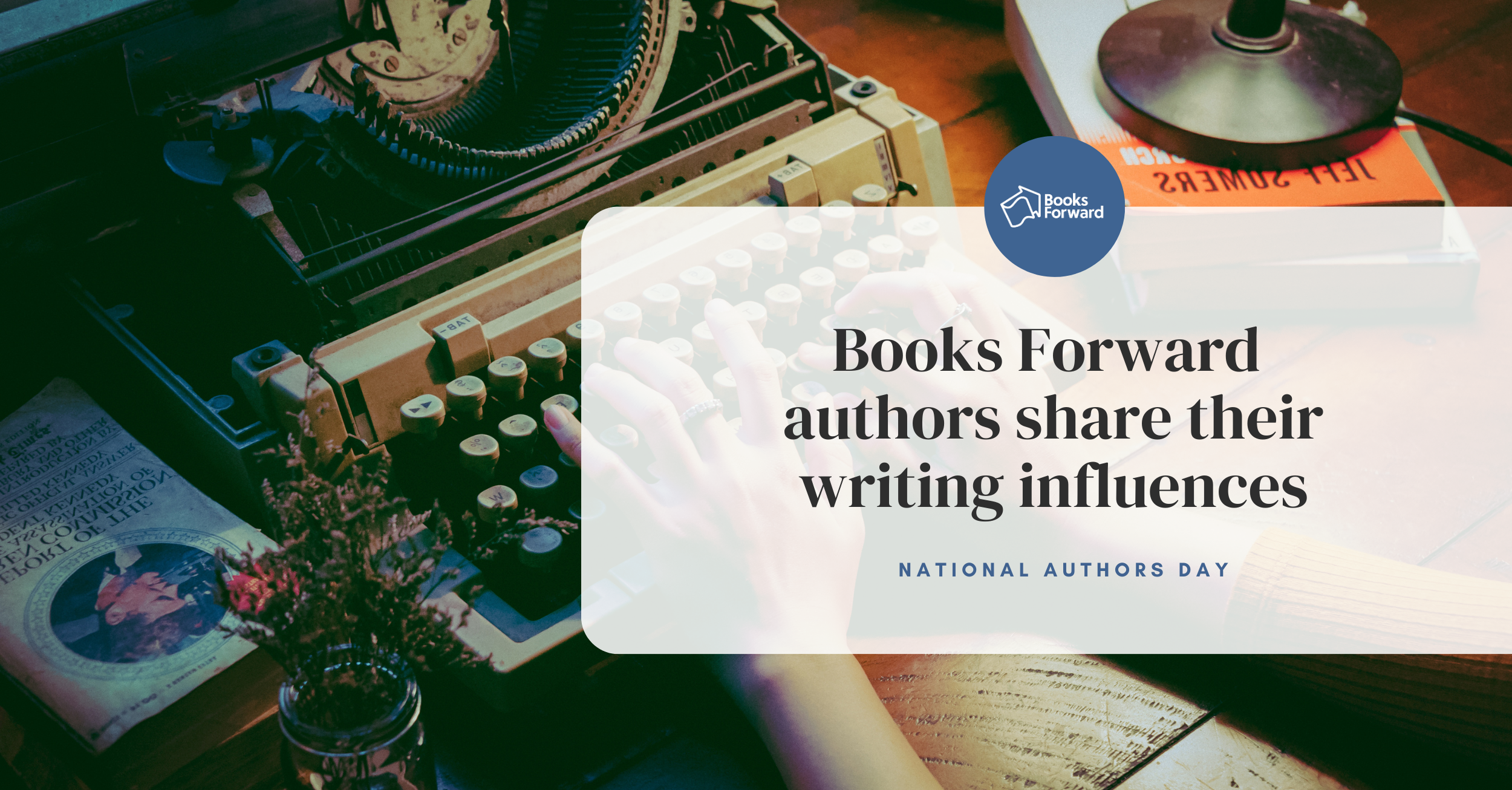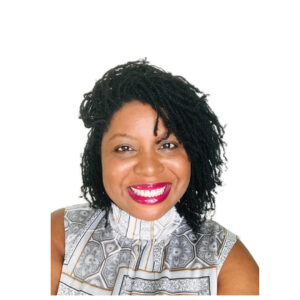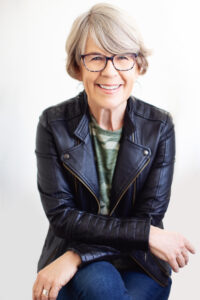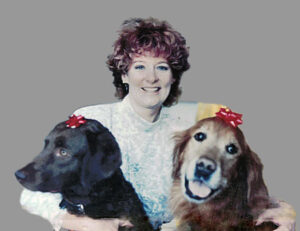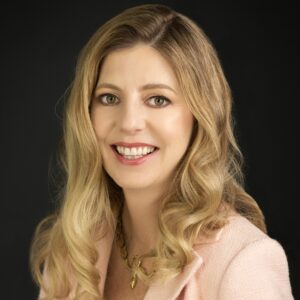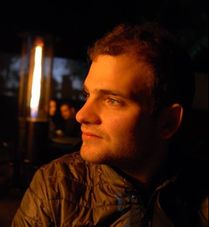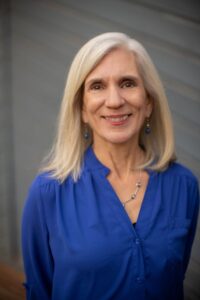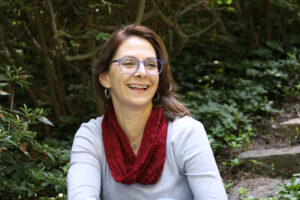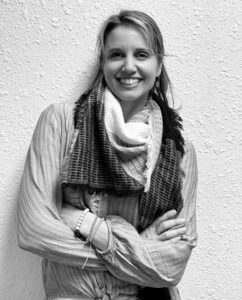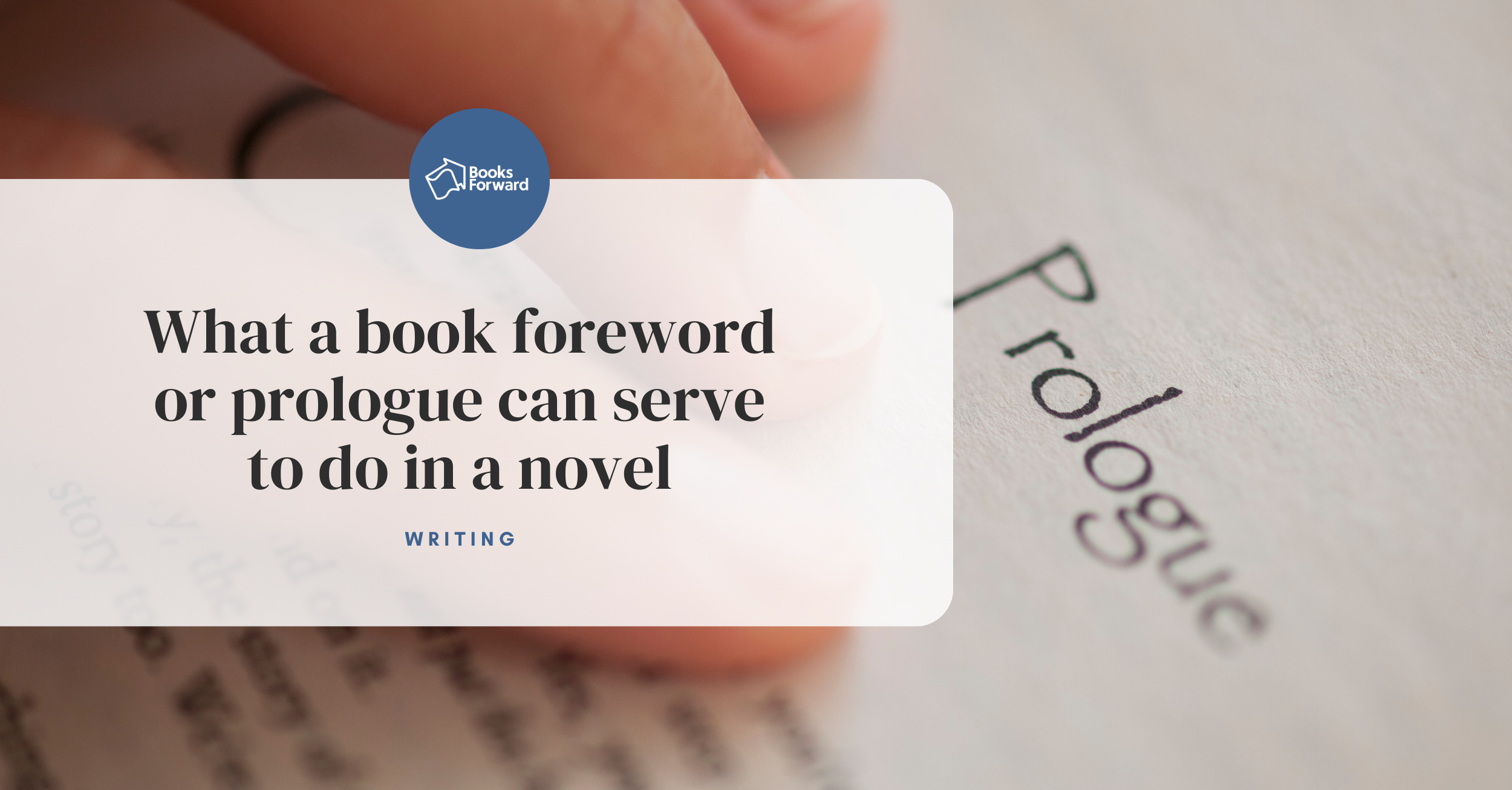Authors often ask the Books Forward team: How important is it to have an email newsletter? Do I really need one? I don’t even know where to start! How do I build my email list subscribers? What do I use an email newsletter for exactly? What should my newsletter look like?
As you grow your author brand, build your backlist and plan upcoming book releases, having an email list is helpful to give you direct access to your most loyal readers and personal contacts. An engaged email list helps you effectively promote upcoming books/projects, events, special pricing and any other reader incentives.
But as with anything in book promotion, it can feel overwhelming to dive into something from scratch. And it’s important to give yourself time to learn and the space to be yourself and true to your own author voice.
Here are some basic tips to help you get started if you’re considering an email list:
Sign up for other email lists
Before you even dive into planning your own newsletter, pick three authors in your genre and sign up for theirs. Give yourself time to monitor what they are doing and the types of things they announce. Just observe for a while and don’t put pressure on yourself to do anything yet. Or if for example you are focused on raising awareness around a particular topic, consider if there are other activists and thought leaders in your space to follow and get a feel for what they are doing.
Plan your reader magnet
Think about some sort of incentive you can provide for an interested reader who signs up for your email list. Do you have any extra freebie content? A deleted chapter from a previously published book, a related short story or something else? Or maybe you have a list of helpful resources by state for people interested in becoming more active in the conversation around your topic of choice? This will give readers a taste of your writing style and what they can expect from your books. Be sure it’s more than is offered with the free sample on Amazon. Or you could consider doing drawings for bookstore gift card giveaways of your book or other prizes related to your book!
Consider your logistics
We do recommend the paid version of Mailchimp as it’s rather intuitive and user friendly, and Substack is having its moment. There’s also MailerLite and other email providers out there like Constant Contact and Active campaign. And also check out Book Funnel; recommend either the Mid-List Author plan or the Bestseller plan. The differences between the two aside from price is the mailing list integration. With the Bestseller plan, Book Funnel will integrate your subscribers directly into your email provider account like Mailchimp, MailerLite and others. It’s pretty simple to navigate and offers many features.
Create your email list template
You’ve already signed up for comparable author newsletters to get a feel for what others do. This will help as you start envisioning what your newsletter could include. Take these other steps when you’re working on crafting your template:
- Draft a friendly automated welcome message for anyone who signs for your newsletter. This can be thanking new subscribers for signing up and gifting them with their free content — so they hear something from you immediately after submitting their email address. It’s a great opportunity to plug your book! You can add even more emails to an automation sequence, another to go out a week later, a month later, etc. But remember: You are starting fresh and just dipping your toes in. Start with something realistic and manageable.
- Don’t worry about immediately committing yourself to monthly newsletters or some strict schedule. Focus first on when you have bigger news to announce like an early sneak peek of your forthcoming book, the cover reveal, the opportunity for subscribers to receive an ARC in exchange for review, etc.
- In terms of content strategy, always stay authentic to yourself and your author voice. Glean inspiration from others, but don’t try to fit a formula someone else is doing. Remember your readers want to know you. Sprinkle in some behind the scenes looks at your publishing journey and writing process. We live in a day and age of social media, and people like to know the artist behind the art. Give readers a peek into who is behind the book.
Sign up for email list building promos
Consider sites like BookSweeps, which has an email list builder ad option for a more nominal cost, and Crave Books. Also look into the Independent Book Publishers Association’s eblast option focused on reaching librarians. There are other ways to drive more traffic to your website and newsletter via paid advertising, but these are good ways to jumpstart things. More organic subscriber growth takes time, but it’s also the most worthwhile way to build up a loyal, engaged audience!
Collaborate with others
Consider featuring comparable authors, activists, influencers or related voices in your newsletter. There’s a good chance they will share the Q&A on their own website, blog or social media platforms and give you and your book some exposure to the people who follow them. Or consider your goals: Are you looking to make connections with librarians? Interview and feature librarians in your newsletter! This is a great way to personally connect with librarians and other industry insiders all over the country and in turn have them learn about you and your book.
Keep plugging content
As media coverage, reviews and accolades begging appearing online for your book, you’ll be able to share those reviews, interviews excerpts, guest articles and other features in your newsletter.
In addition to adding your email list sign-up to your website, add it to your LinkTree, social media bios and even your email signature. Announce your newsletter on your social media channels, inviting your supporters to join you there for more on this literary journey, exclusive content, etc. And don’t forget to have sign up sheets at in-person events.

A former award-winning journalist with national exposure, Marissa now oversees the day-to-day operation of the Books Forward author branding and book marketing firm, along with our indie publishing support sister company Books Fluent.
Born and bred in Louisiana, currently living in New Orleans, she has lived and developed a strong base for our company and authors in Chicago and Nashville. Her journalism work has appeared in USA Today, National Geographic and other major publications. She is now interviewed by media on best practices for book marketing.

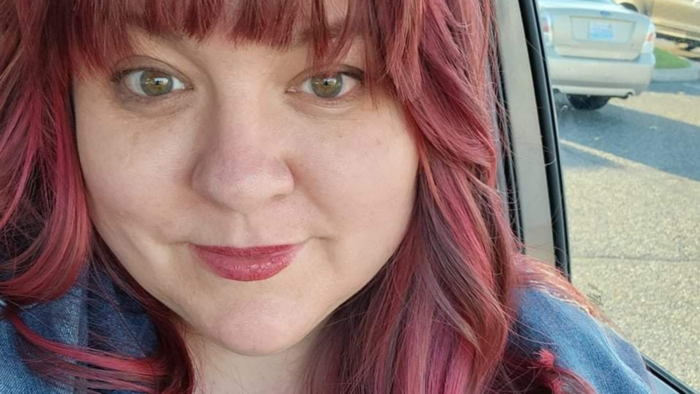
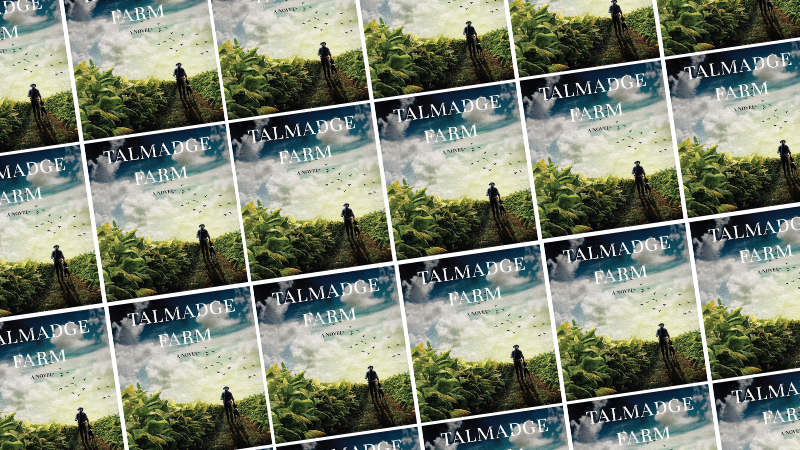
 RALEIGH, North Carolina
RALEIGH, North Carolina Leo Daughtry is a life-long resident of North Carolina. He grew up among the tobacco fields of Sampson County which served as inspiration for his debut novel, “Talmadge Farm.” After graduating from Wake Forest University and its School of Law, he established a private law practice in Smithfield, N.C. He was a member of the N.C. House and Senate for 28 years, including serving as House Majority Leader and House Minority Leader. When not practicing law, Leo enjoys spending time in Atlantic Beach with his wife and daughters.
Leo Daughtry is a life-long resident of North Carolina. He grew up among the tobacco fields of Sampson County which served as inspiration for his debut novel, “Talmadge Farm.” After graduating from Wake Forest University and its School of Law, he established a private law practice in Smithfield, N.C. He was a member of the N.C. House and Senate for 28 years, including serving as House Majority Leader and House Minority Leader. When not practicing law, Leo enjoys spending time in Atlantic Beach with his wife and daughters. 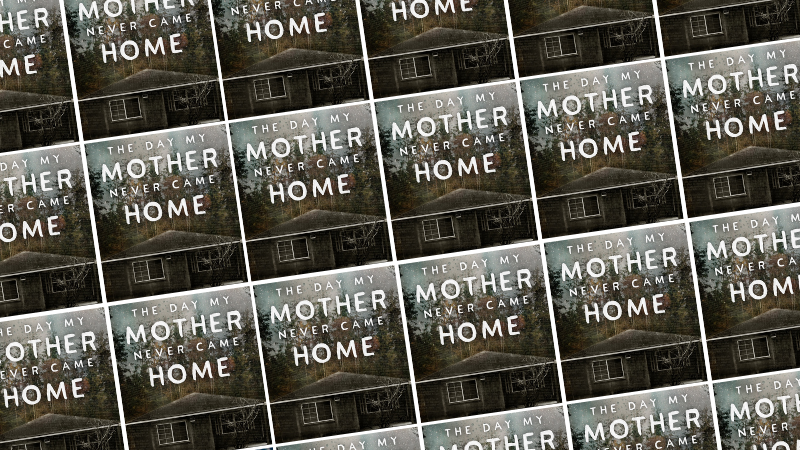
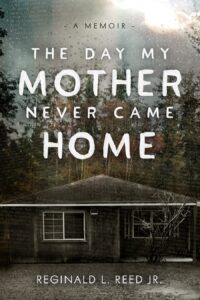
 Reginald L. Reed Jr.
Reginald L. Reed Jr.
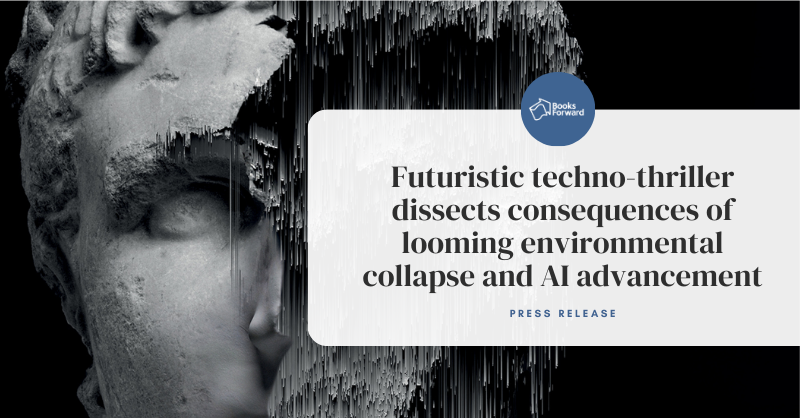
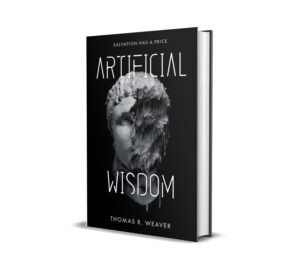 London, United Kingdom
London, United Kingdom
